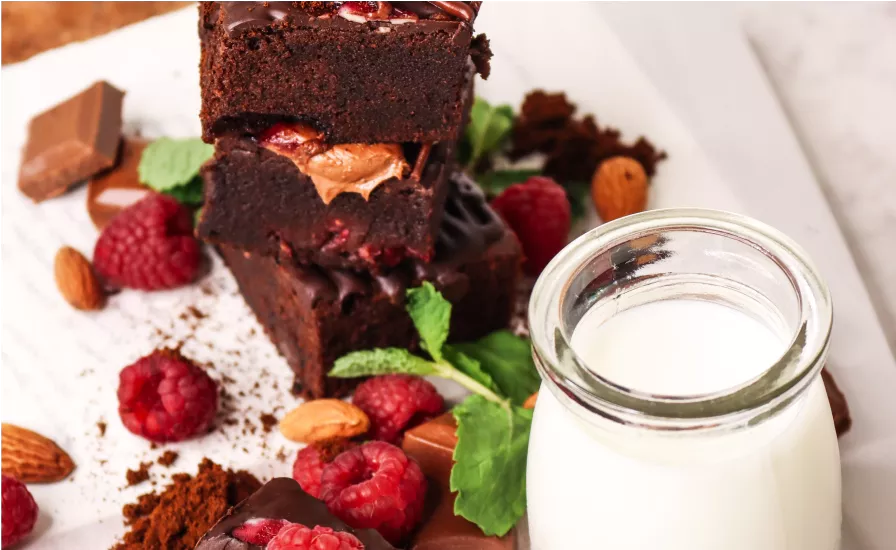Fast food as the top trend of people lifestyle
1. Flavors and Spices:
- Salt: Enhances taste and acts as a preservative.
- Pepper: Adds heat and flavor.
- Herbs: Such as basil, thyme, and rosemary, for aromatic flavors.
- Spices: Including cinnamon, cumin, and paprika, to add distinct flavors.
2. Sweeteners:
- Sugars: Such as sucrose (table sugar), glucose, and fructose, for sweetness.
- High-Fructose Corn Syrup (HFCS): A common sweetener in soft drinks and processed foods.
- Honey and Maple Syrup: Natural sweeteners with additional flavor profiles.
- Artificial Sweeteners: Like aspartame, sucralose, and steviol glycosides (stevia) for low-calorie options.
3. Preservatives:
- Salt and Sugar: Both act as natural preservatives by inhibiting microbial growth.
- Citric Acid: Used to preserve and add tartness.
- Sodium Benzoate: Common in acidic foods and beverages to prevent spoilage.
- Ascorbic Acid (Vitamin C): Acts as an antioxidant and preservative.
4. Colorants:
- Natural Colors: Derived from fruits, vegetables, and spices (e.g., beet juice, turmeric).
- Artificial Colors: Such as Red 40 and Yellow 5, used to achieve specific hues.
5. Thickeners and Stabilizers:
- Pectin: Used in jams and jellies to gel.
- Xanthan Gum: A thickening agent used in sauces and dressings.
- Gelatin: Used to thicken and stabilize desserts like jellies and marshmallows.
6. Emulsifiers:
- Lecithin: Found in egg yolks and soybeans, helps mix oil and water.
- Monoglycerides and Diglycerides: Used in baked goods and margarine to improve texture.
7. Acids:
- Acetic Acid: The main component of vinegar, used for flavor and preservation.
- Lactic Acid: Found in dairy products and fermented foods, also used as a preservative.
- Citric Acid: Provides tartness and acts as a preservative.




